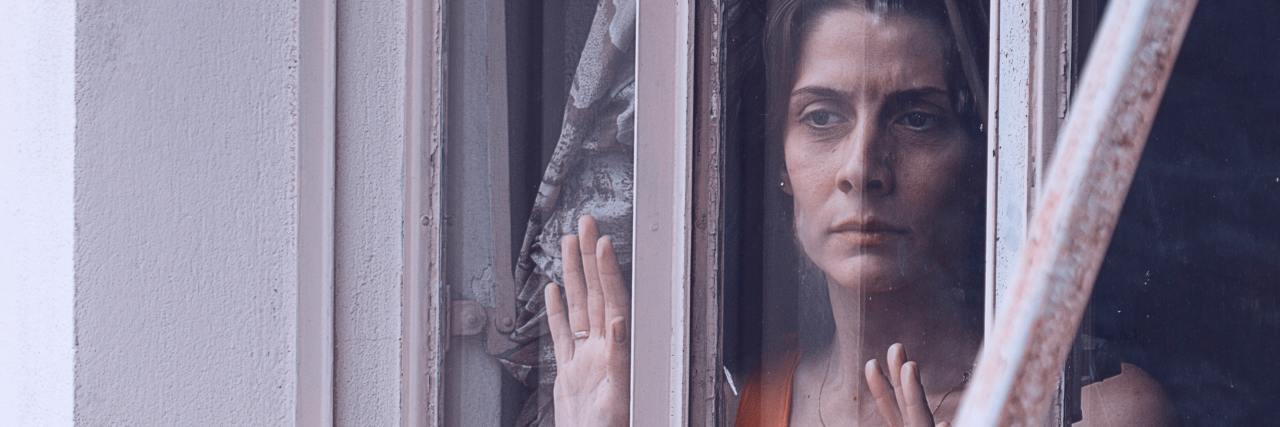When I was young, I wanted more than anything to be normal. I didn’t know what “normal” meant, but I knew I wasn’t it.
I had a lot of the trappings of what passed for “normal” in that day and age: parents still married, one sister, suburban house in a town with good schools, church down the street, same-age children living within a block, working father, stay-at-home mom, abundant books and toys, and vacations to visit the relatives.
But I knew. There was something different about me. Everyone else knew it too. I wasn’t “normal.” I was too sensitive, whatever that meant. I was precocious. I didn’t fit in and I didn’t know how to.
As I reached my tween and teen years, I encountered a dilemma. I desperately wanted to be normal. Normal kids had friends, got to hang out with each other, laughed and smiled a lot, wore what was in fashion. They gave off an aura of being normal. I longed for that. I was in love with the idea of normalcy.
But every time I tried, I failed. I was always too weird, too emotional, too smart, too something.
So I began to hate the idea of normalcy. If I didn’t fit in, then by God, I would scorn the idea of fitting in. I would embrace non-normalcy. I would hang with the few other misfits I could find. I would eschew the latest fashions and trends. I didn’t rebel, exactly. I was too timid for that (yet another too).
And I blamed the suburb and the Midwestern state where I lived. Maybe this kind of normal was bland, spiritless and humdrum. Maybe I was right not to want to be of it.
So, of course, I tried the geographical cure — going away to college, where I thought people would be more like me, where there would be enough diversity that I could find others like me and finally fit in. Be “normal” within a different definition of normal.
And it worked, at least partially. But by that time, it was too late for me to ever be normal.
What happened was that bipolar disorder caught up with me. I had probably been struggling with it all the time I was a weird kid who didn’t fit in. My moods were extreme. I cried and laughed at things that were neither sad nor funny. Being betrayed by a friend sent me into a severe meltdown.
By the time I was in college, there was no doubt I was struggling with a mood disorder, although we didn’t have that term for it at the time. At the time, it seemed like major depression and for the most part, it was, or at least that was the only mood I could identify.
Years later, when I got a proper diagnosis and the right medication, it was easier to look back and see my bipolar tendencies slowly building over the years. But I’ll admit something — I still both love and hate the idea of normalcy. I still want to fit in and I’ve found a few groups where I seem to do so. But I also want to embrace my oddness, celebrate my differences, glory in my assorted varieties of geekiness.
I never want to go back to that lost, lonely, spinning-out-of-control kid who was always too much or not enough. My lifestyle helps since I don’t have to try to fit in at a 9-to-5 office job. My husband helps. And my writing helps, so I can work out some of my conflicting emotions and bipolar moods through this blog and other venues.
Here’s another reason to hope: Matt Norris, a blogger at The Thinking Orc, recently wrote:
“Disapproving of people who aren’t “normal” went from a virtue to vice within my lifetime… The shift in public morals changed the rules on what it took to be seen as a good person. It used to be about not doing anything weird, and looking down on anybody who did. Now it’s about not doing anything cruel, and looking down on anyone who does.”
Besides, to quote songwriter Steve Goodman, “I may not be normal, but nobody is.” I know that now. So in that sense, I do at last fit in.
Photo by David Cassolato from Pexels

